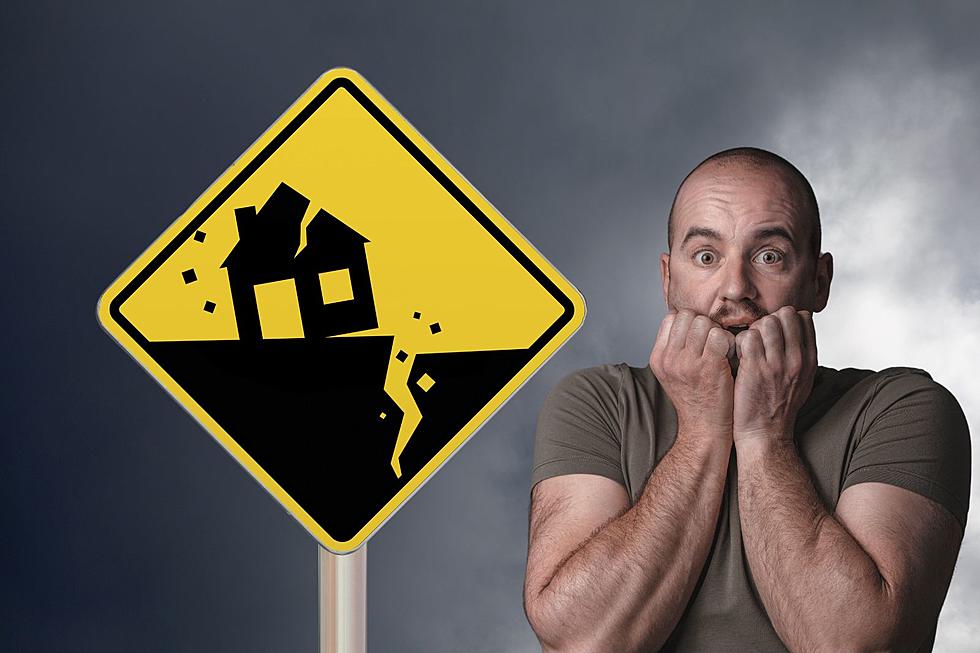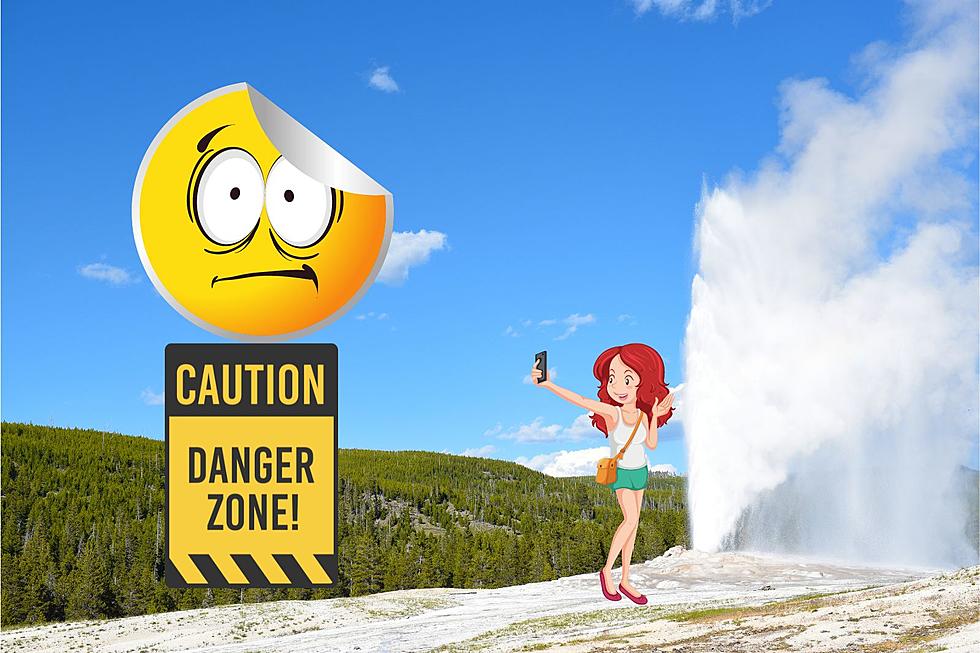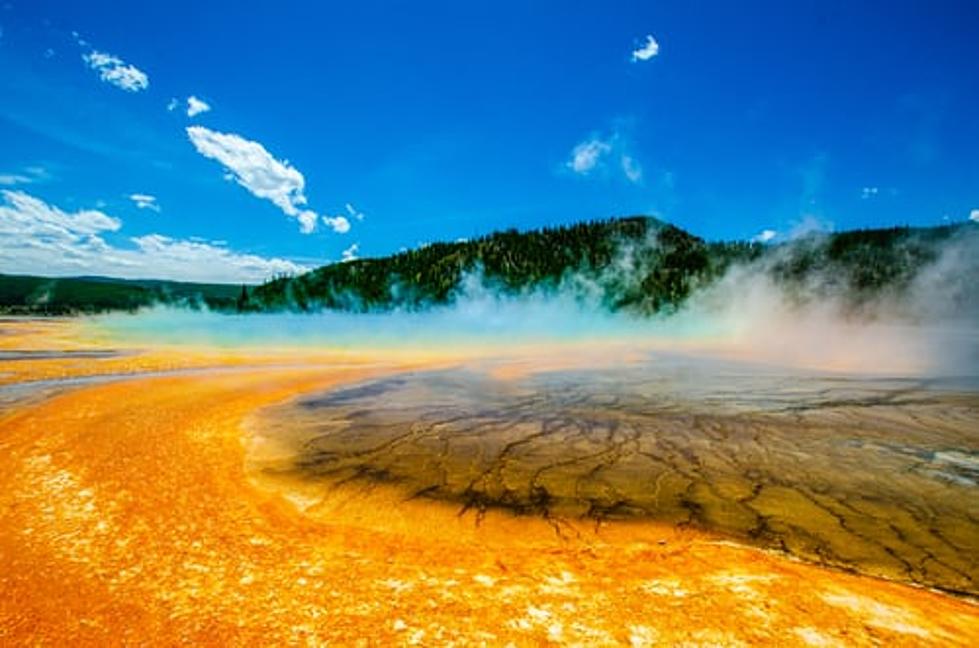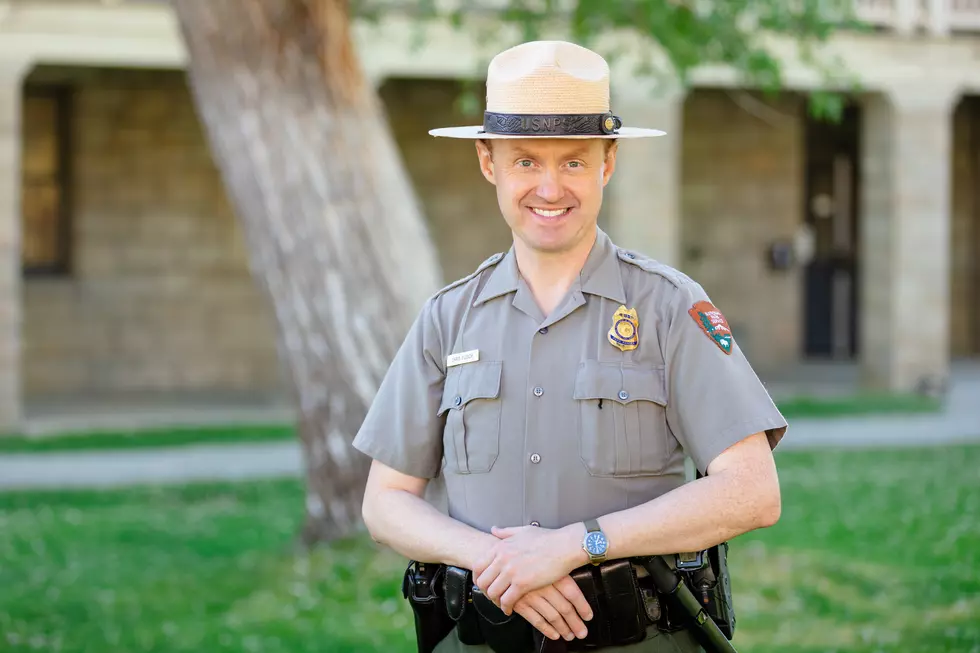
No Need To Worry About Wyoming’s Super Volcano
Because people enjoy stirring the pot, in the back of everyone's mind is the Yellowstone Super Volcano.
Why?
The fear factor.
Yellowstone Volcano Observatory Scientist-in-charge, Mike Poland, does a fantastic explanation during a monthly update of what's really happening under Yellowstone. During his most recent video, posted to the Yellowstone National Park's Facebook page, he explains what the most likely occurrence we could face from Yellowstone.
In the video, Mike says that it's not a volcanic eruption that will occur in our lifetime. As a matter of fact, he says there have been some huge eruptions in Yellowstone, 631,000 years ago. Eruptions like this will happen once or twice per million years.
Thankfully, you can put your mind at ease, because we're not going to have to worry about that.
What about lava flows?
There have been a few dozen of those in the last million years, but the last one was 72,000 years ago.
The thing we have to worry about, strong earthquakes. According to the video, those happen once or twice every century. That means the strong earthquakes are the most important and likely regional scale hazards that could happen in your lifetime.
Earthquakes actually happen quite often in Wyoming, with 88 recorded events in July of 2023 alone. None of these were too big, with a 2.2 magnitude being the biggest.
Earthquakes are interesting, because there's nothing you can do to prevent them and you can't really predict when one is going to happen.
According to the Yellowstone website, there are between 700 and 3,000 earthquakes every year in and around the park. That's a lot of quakes, but these quakes are actually a good thing and needed. Yep, earthquakes are a good thing in Yellowstone.
The thought of an earthquake may scare some people, but without them some of the attractions that people come from all over the world to see, wouldn't happen. The earthquakes are an essential part of keeping the supply of hot water going to the geysers and hot springs. If there wasn't a little shaking going on, the cracks would be sealed by mineral deposits.
Think of them as a plunger or snake that's used in your plumbing at your house. They keep the pipes flowing.
You can see on this map, the majority of quakes are in Wyoming, parts of Montana, Idaho, Utah. This interactive map from the USGS, shows the earthquakes that have occurred over the last month that were a 1.0 and higher.
Having been in a couple earthquakes, they give you a weird feeling and can be dangerous. Knowing what to do in the event of an earthquake is something everyone should stay up on and could save your life and others around you.
The CDC has a great 'earthquake advice' page, these are some of the key things to remember.
Drop - Getting on your hands and knees will keep the earthquake from knocking you down and injuring you.
Cover- If possible, get under a sturdy piece of furniture, stay away from large objects that could fall on top of you and cover your head and neck to protect yourself.
Hold On- If you're under a table or other structure, hold on to it and move with it. The possibility of the building your in shifting is there, so holding on to your shelter will allow you to move with it.
Stay where you are - If you're inside, stay inside. If you're outside, stay outside. You're less likely to get hurt if you stay put.
Do not stand in a doorway - In today's houses, doorways aren't any stronger than the rest of the house. You're safer if you get under a table or other structure.
Move away from buildings - If you're outside, move as far away from buildings, trees, power poles and get to an open area. When you get to a safe area, get down and stay down until the shaking stops.
Be prepared for aftershocks - Some aftershocks can be as strong of stronger than the main quake. Be vigilant and aware of what's going on around you.
Don't head inside to quickly - Make sure you're house or building is safe before going inside. The shaking of the quake could cause damage to the building and make it unsafe to enter.
11 Beautiful Wonders Of Wyoming NOT Named Yellowstone
Funny, But Sad 1 Star Reviews Of Wyoming's Beloved Yellowstone National Park
More From My Country 95.5









